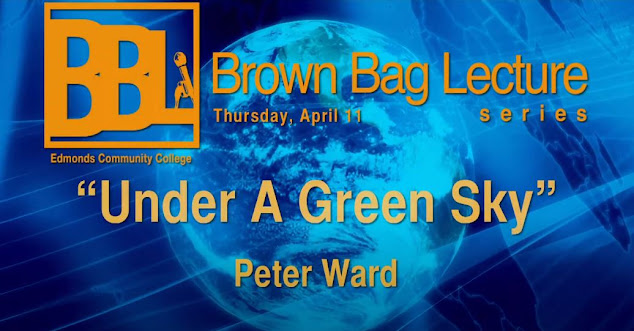So, What Should We Do? Part Two

"Civilization is the child of the Neolithic Revolution, of the widespread adoption of agriculture as a mode of production, and agriculture necessarily causes leaching and loss of topsoil, as well as many other environmental consequences, including climate change. Nor does any city live by bread alone. It needs water, so it must build dams and aqueducts. It needs wood for fuel and timber, so it must chop down forests. It needs metal for coins, swords, and ploughshares, so it must dig mines. It needs stone to erect palaces, courts, temples, and walls, so it must quarry away mountains. And it must build roads and ports needed to transport all the necessities of urban life. In short, a city lives by both consuming and damaging a wide array of ecological resources." ~ William Ophuls - Immoderate Greatness: Why Civilizations Fail See more here. "The illusion of control or agency and the attachment to it creates much suffering." ...


